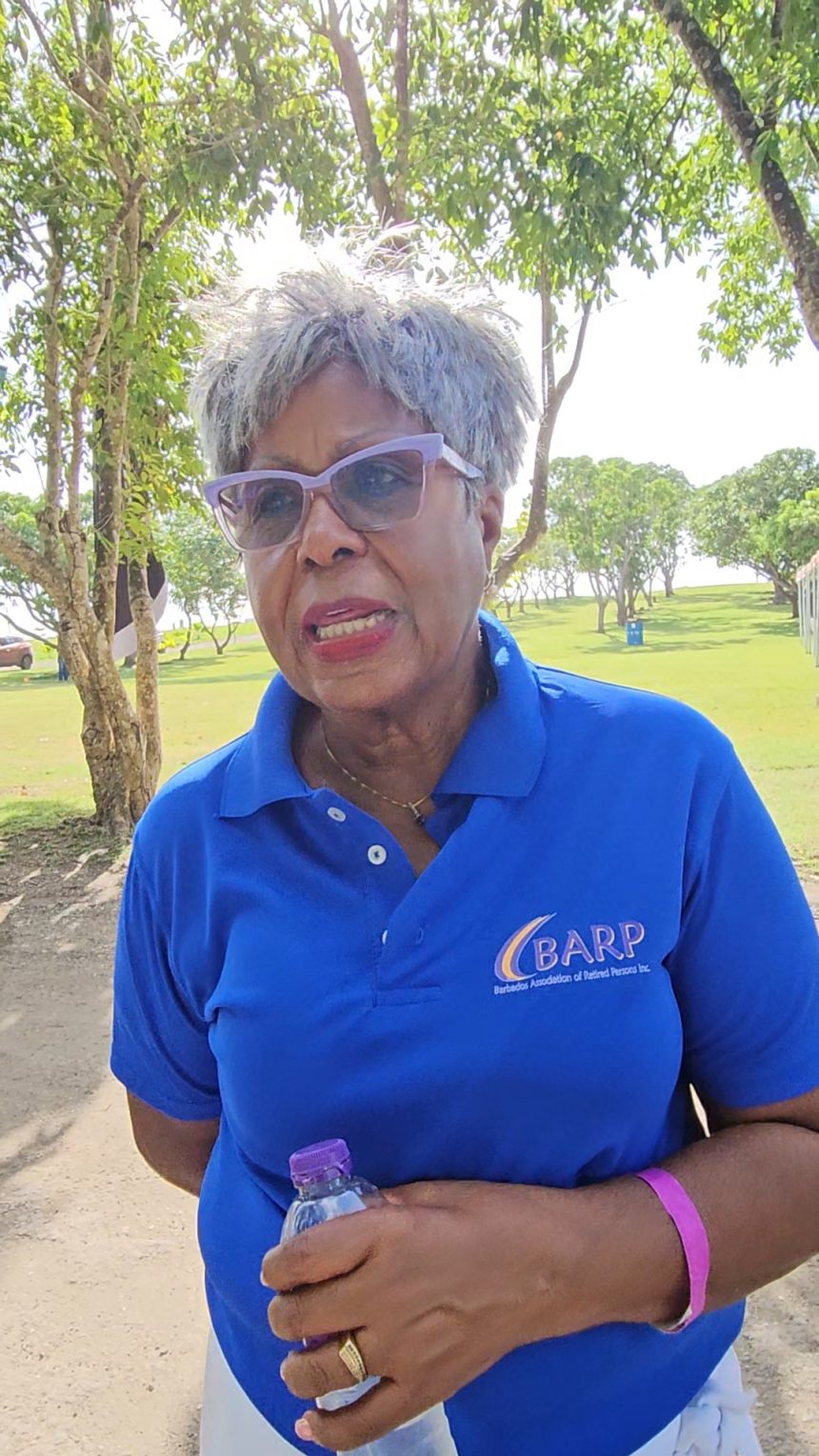Elderly Barbadians on fixed incomes are being forced to sacrifice their nutritional needs as soaring food prices create an “unsustainable” situation for the island’s pensioners, the head of the country’s retirement organisation has warned.
Barbados Association of Retired Persons (BARP) President Marilyn Rice-Bowen highlighted, in an interview with Barbados TODAY, how inflation is eroding pensioners’ purchasing power, with some vegetables now costing as much as $8 per pound.
“The value of the dollar is being eroded,” Rice-Bowen said. “When you look at it, sometimes you’re paying $8 for a pound of string beans, and they can’t even last the whole week. It’s not sustainable.”
She added that the country’s reliance on imported vegetables has only exacerbated the situation, driving prices up and leaving seniors with few affordable options.
Highlighting the difficult choices many retirees must make, the BARP president explained: “When persons have to make that critical decision—should I buy a five-pound bag of English potatoes instead of some beans, pumpkin, or okras? Then I buy the potatoes. I’ll go home, cook a pot of rice, and put whatever I can afford on it. It’s easier said than done to stick to a healthy diet, and that is sad.”
Rice-Bowen noted that for years, BARP has been advocating for ways to make nutritious food more affordable, but progress has been limited.
“We all shop at the same supermarkets,” she said. “You can’t just have one price for pensioners and another for the general public. Healthy food is essential, yet it’s out of reach for many who are on a fixed income.”
In response to this challenge, the association has sought to ease some of the financial strain by helping members access discounts at participating stores.
“The only way we address it is to make sure people have their BARP cards,” Rice-Bowen explained. “We encourage our members to shop where they see the BARP sign. Secure your discounts. When you save on one item, you could apply those funds to something else.”
She elaborated on how even small savings could make a difference: “Even if it’s $20 or $40 a month, it helps. That money can go towards the beans, pumpkin, and other vegetables that their diets require. So we are helping our members in a non-traditional way by making sure they can secure discounts and stretch their dollars further.”
While BARP’s discount programme is helpful, the association is still pushing for broader changes to make healthy living more attainable for seniors.
Rice-Bowen said: “We’re doing what we can with discounts, but this is a national issue that requires a national solution. Our members need fresh, affordable food to maintain their health.”
The association is exploring new partnerships with businesses to expand the network of stores offering BARP discounts. The president expressed cautious optimism about these initiatives but stressed that they are only incremental steps.
“We are saying to our members, ‘while we wait to see what can be done nationally, let’s see how we at BARP can assist you’,” she said.
Rice-Bowen was speaking as the association partnered with the Barbados Diabetes Foundation to conduct screenings as part of World Diabetes Day activities on Thursday.
She emphasised that awareness and preventative care are essential for combating the negative effects of diabetes on seniors’ quality of life.
“Our theme is Healthy Ageing and Ageing Strong, and we recognise the impact that non-communicable diseases, particularly diabetes, have on our society,” Rice-Bowen said. “People think, ‘I have diabetes, so I’ll just avoid certain foods,’ but testing is critical to make sure they’re on the right track. Many are pre-diabetic without even knowing it. Raising awareness and breaking barriers around this issue is essential.”
The BARP president further noted Barbados’ alarmingly high diabetes rate – approximately one in five Barbadians affected — which is significantly above the global average.
“We are a small and ageing society, and we can’t afford to have this many people impacted by diabetes,” she said. “If we provide access to care and information, we can help our members manage their health and maintain their independence.”
Rice-Bowen stressed the importance of preventative measures for maintaining independence in older age.
“At BARP, we are very concerned about the quality of life for our members. We want to make sure they can lead lives of independence and dignity. When you don’t manage diabetes and you lose a limb, your independence is threatened. It’s a struggle just to get around, even in your own home,” she said.










